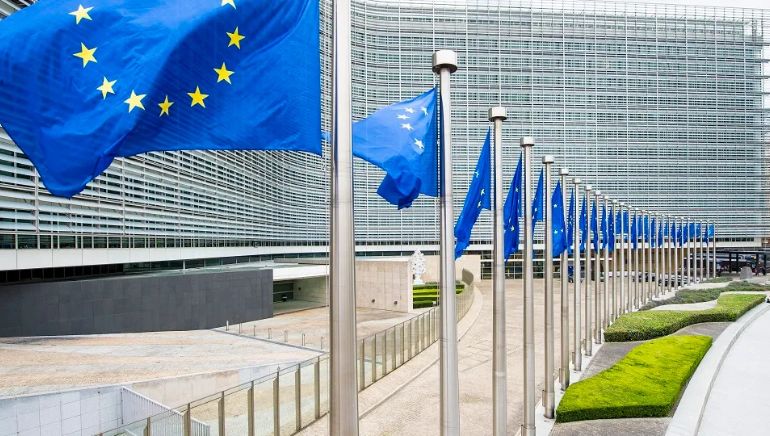After two years of debate, EU finance ministers finally clinched a deal on Wednesday, breathing new life into the bloc’s fiscal rulebook. The reformed regulations, set to take effect in 2025, offer member states more leeway in debt reduction timelines and incentivize investments critical for Europe’s future.
This shift marks a departure from the stricter fiscal straitjacket imposed after the 2008 financial crisis. The pandemic further squeezed economies, pushing debt levels to record highs. Coupled with ongoing geopolitical and economic uncertainties, the need for greater flexibility became undeniable.
Under the new plan, countries will have longer periods to bring down their debt – up to seven years with certain conditions. Additionally, a spending “golden rule” allows for uncapped investments in areas deemed crucial for the EU’s future, such as green energy transition and digitalization. This fosters fiscal responsibility while encouraging investments that drive long-term growth and competitiveness.
While some argue the loosened rules might jeopardize fiscal discipline, proponents contend it strikes a crucial balance. “This agreement recognizes the realities of today’s world,” emphasized Eurogroup President Paschal Donohoe. “It ensures responsible fiscal management while allowing vital investments in our collective future.”
The deal now faces scrutiny from the European Parliament before becoming law. Though minor adjustments are possible, the core elements are unlikely to change. The impact on national budgets will only be felt from 2025 onwards, but the message is clear: the EU is adapting its fiscal framework to face a complex and evolving global landscape.















